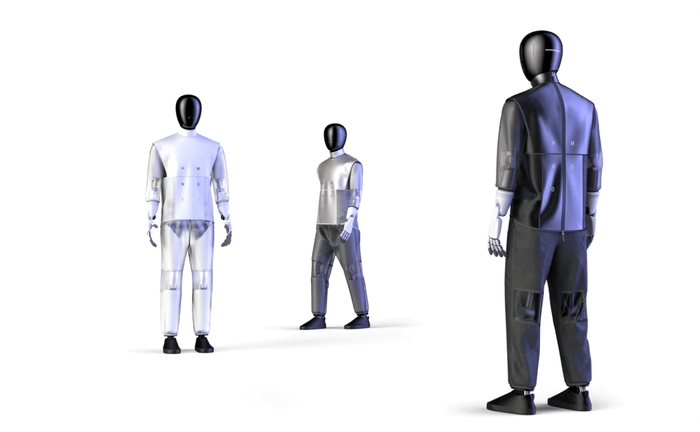Things in IoT You Need to Know This Week: December 26 to December 30Things in IoT You Need to Know This Week: December 26 to December 30
Amazon tussles with police over Echo recordings, reigniting privacy debate.
January 3, 2017

Amazon’s refusal to help Arkansas police access data, despite its potential relevance to a homicide, continued the ongoing struggle between tech companies and governments about protecting user data. And in other news: Entrepreneurs and Investors see potential in tracking sleep and tech companies face environmental impact of the Cloud, while Uber acquiesces to California DMV and some see IoT as a bolster to disaster relief infrastructure.
Amazon’s Rebuff of Law Enforcement Echoes Past Clashes Over Data
Police in Arkansas, this week, faced resistance to their efforts to obtain data from an Amazon Echo, which investigators believed could aid their investigation of a 2015 murder. Citing privacy concerns, Amazon declined to provide the recordings in question. The conflict recalls clashes between Apple and the FBI earlier this year, over the tech company’s refusal to break into an encrypted iPhone belonging to a deceased suspect in the December 2015 San Bernardino shootings, which ignited a national conversation about tech companies’ responsibility to provide user data to law enforcement.
Sleep Tracking Primed for IoT Boom, But Questions About Efficacy Loom
There is some evidence to suggest that increased rates of technology use can be linked to increased prevalence of sleep disorders—and there’s a growing field of entrepreneurs that wants to use IoT based technology to help remedy the problem. Per the New York Times, technologies aimed at helping users get better sleep (or at least collecting data on sleeping habits) have proved appealing to investors setting the stage for a boom in Sleep technology. However, some observers have noted concerns about devices that collect high volumes of data but fail to provide helpful solutions.
Dependence on the Growing Cloud Adds Urgency to Clean Energy Adoption
With the Internet of Things set for huge growth in 2017 and beyond, the cloud on which it relies will have to grow along with it—forcing companies and consumers alike to reckon with the hidden environmental costs of the server farms that power streaming, data storage, and communication functions that have become ubiquitous. While many tech companies claim high rates of clean energy usage, many rely heavily on coal-generated power, highlighting the need for increased efforts toward clean energy adoption.
Update: Uber Halts Self-Driving Tests in California, Plans to Test in Arizona
Last week, Uber made headlines as it resisted efforts by California DMV officials to shut down its test of self-driving cars in San Francisco. However, soon after its initial defiance of regulators, the ride-share company announced that it would indeed take the vehicles of the road as it seeks to comply with licensing laws. Despite putting the brakes on tests in California for now, the company will continue tests in Pittsburgh as well as sending a fleet of autonomous SUVs to Arizona.
IoT Could Be a Boon to Disaster Response
In the wake of terrorist attacks or natural disasters, communication is paramount to successful relief and rescue efforts, yet downed phone lines and overloaded Internet and cellular networks often stymie communication. Some researchers see the increased prevalence of smart devices, especially wearables, as ripe for harnessing during disasters. Because most IoT devices are Bluetooth enabled the possibility exists that they could be repurposed to create a mesh network, allowing communication as well as tracking by first responders, that functions independent of public Internet.
About the Author
You May Also Like







